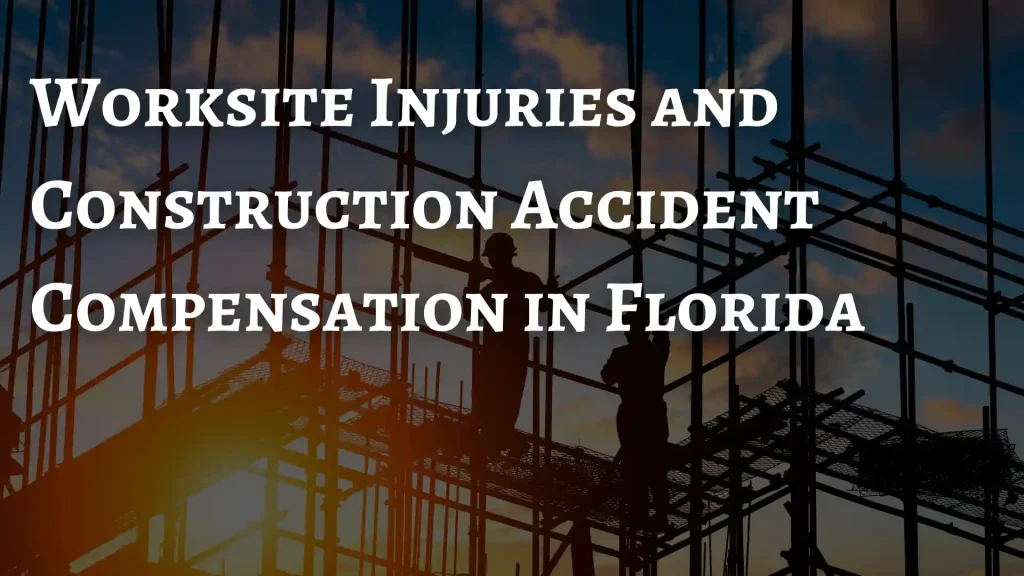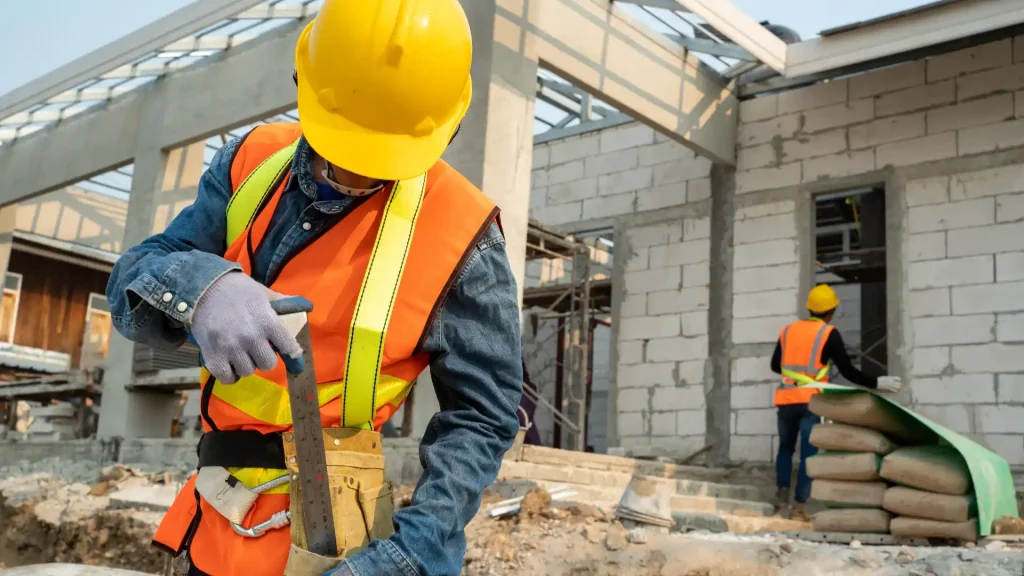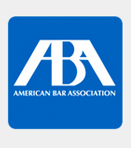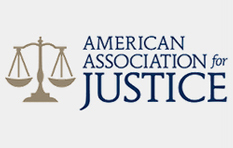
The construction industry is notoriously dangerous for Florida workers. Data from the Bureau of Labor Statistics indicates construction has the most fatalities among all sectors, recording 1,075 deaths in one recent year. The consequences can be disastrous when an accident occurs at a worksite or in a construction zone. Causes long-term physical, mental, and financial challenges for workers.
Unfortunately, construction workers face numerous challenges when seeking fair compensation for their work-related injuries. Some fear retaliation if they are out of work or attempt to file a workers’ compensation claim seeking benefits. Some have trouble navigating the workers’ compensation claim process or don’t understand their legal rights.
If you are injured at a worksite, you can seek money to cover your injuries and lost wages. You need to know who can file a claim and what benefits you will receive.
Who Can File a Construction Accident Compensation Claim?
Nearly all Florida employers must carry workers’ compensation insurance for employees. Workers’ compensation insurance is a no-fault insurance program. Injured workers get benefits that pay medical expenses and a portion of their lost wages after an on-the-job injury. Employers with one or more employees, including the owner, must have workers’ compensation coverage for the construction industry.
Construction workers injured on the job can file a workers’ compensation claim to seek benefits. Florida recommends that injured workers report the accident immediately to start the claim process. Claims filed more than 30 days after an incident can face denial.
Likewise, an employer should report the incident to their insurance carrier as soon as possible, but no later than seven days after being aware of the accident. Delays or missing details can give the company a reason to deny claims insurance, which is why it’s so important to follow the proper steps from the start.
Workers’ compensation insurance rates may not always cover independent contractors or subcontractors. Contractors must ensure all subcontractors have the required coverage before starting work on a project. When subcontractors do not have insurance, the workers may be considered contractor employees, making the contractor responsible for paying benefits for a work-related injury.
What Compensation Can You Receive After a Construction Accident?
Workers’ compensation benefits vary. The severity of the injury and whether it causes long-term complications impact the available benefits. If an individual can’t return to work in the same capacity as before the construction accident or at all, their compensation will likely be greater than that of someone who eventually returns to their pre-injury work.
Individuals can generally recover medical benefits that cover the cost of their reasonable and necessary medical care and medical treatment. Doctor’s visits, hospitalization, medical and diagnostic testing, physical therapy, and prescription drugs are medical care that workers’ compensation may cover. Mileage reimbursement for travel to and from medical appointments may also be available for injured construction workers.
Construction workers may also be entitled to lost wage benefits. If they cannot return to work immediately due to injuries, they could be entitled to these Florida benefits:
- Temporary Partial Disability (TPD) – TPD benefits help cover the income gap generated when an injured worker can return to work but with restrictions. These benefits kick in when an individual cannot earn 80 percent of the wages they earned prior to the construction accident.
- Temporary Total Disability (TTD) – These benefits provide a worker with money equaling 66 2/3 percent of an individual’s regular wages if a doctor determines the individual cannot return to work due to their injuries. These benefits may be available for a total of 104 weeks. Statewide maximum reimbursement limits may apply.
- Permanent Total Disability (PTD) – If an injured construction worker reaches their maximum medical improvement threshold but the severity of their injuries prevents them from returning to work, they may be eligible for permanent total disability benefits.
- Impairment Income Benefits (IIB) – Reaching maximum medical improvement to the point where a person can return to work but not in the same capacity can make an individual eligible for IIB wage replacement benefits.
- Death Benefits – A work-related death that occurs within one year of the accident date or after five years of continuous disability can provide a family with death benefits for funeral expenses, educational benefits for a surviving spouse, and compensation to dependents.
Who Can Be Held Liable in a Construction Injury Lawsuit?
 The benefit of workers’ compensation benefits is that these benefits operate on a no-fault system, meaning a construction worker can receive benefits regardless of who was responsible for causing the accident. In exchange for these benefits, the employee agrees not to sue the employer unless the employer intentionally caused the employee’s injuries.
The benefit of workers’ compensation benefits is that these benefits operate on a no-fault system, meaning a construction worker can receive benefits regardless of who was responsible for causing the accident. In exchange for these benefits, the employee agrees not to sue the employer unless the employer intentionally caused the employee’s injuries.
Accepting workers’ compensation benefits means you cannot sue your employer. However, it doesn’t prevent you from filing a lawsuit against third parties whose actions contributed to the cause of the workplace accident. Even in a non-fault accident, where you didn’t do anything wrong, you may still have the right to seek compensation from others who played a role in what happened. Suppose a piece of heavy machinery fails due to a mechanical defect, or scaffolding falls because of faulty contractor work. These may be examples of third-party negligence, allowing you to file a personal injury lawsuit against the careless entity. Third parties that may be liable following a construction accident can include:
- Contractors
- Subcontractors
- Property owners
- Engineers or architects
- Maintenance companies
- Product or vehicle manufacturers
A third-party lawsuit allows an injured construction worker to pursue compensation for medical expenses, lost wages, and non-economic damages such as pain and suffering. Proving pain and suffering and maximizing the value of your case can be challenging without the guidance of an experienced construction accident lawyer. Such a lawyer can walk you through the process and file your lawsuit before the strict legal deadline expires.
Call Our Construction Accident Attorneys for Help Today
The Panama City construction accident lawyers at The Bruner Law Firm want to help you find all available resources to help you get the medical care you need and the compensation you deserve after a worksite accident. Our team will work with you to maximize your workers’ compensation claim and help you with your rights. We’ll also determine whether you can file a third-party lawsuit against an outside entity.
Contact our office or call us at (850) 243-2222 to set up a free case evaluation and learn more about your legal rights. Let us fight for you.







